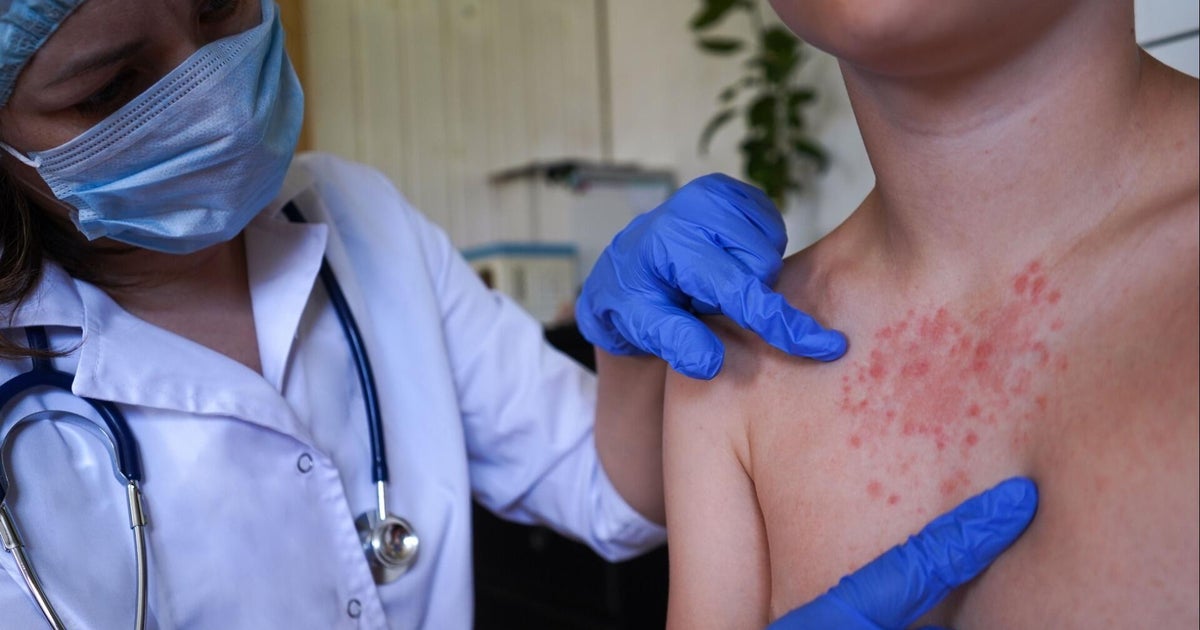Colorado doctor explains how to tell if it's flu, allergies or COVID
Flu season typically starts in October and runs through spring. But this year, doctors are warning that the illness may start earlier and be more severe. The reason may be the return to a more "normal" life after two years of COVID.
It's the age-old question when cold-like symptoms set in. How do you distinguish the flu from allergies from COVID?
"You know is that flu is that something else?" asked Denver resident Beth Bogart.
"People will come in and say to their provider 'Hey Dr. Montano, I have a runny nose and congestion what do I have?'" said Dr. Mark Montano, Medical Director at CareNow Urgent Care.
Montano says itchy eyes and runny nose are often signs of seasonal allergies, while fever and cough can be indicative of flu or COVID.
"COVID can be indistinguishable from flu at various stages," says Montano.
As we move towards a COVID endemic, symptoms can be even tougher to differentiate. Luckily, doctors can test for both COVID and flu using one nasal swab. Getting tested may be extra important this year, with influenza poised to start earlier and be more severe
"We're already seeing some cases in Australia," says Montano.
Reduced immunity following two years of masks and COVID precautions may be to blame
"It could have something to do with the fact it really hasn't been around and now that people are seeing it they're getting a little sicker," says Montano.
Montano recommends staying up to date on your vaccines for both flu and COVID, so you can avoid the sickness guessing game. He recommends getting that flu shot in October. He says if you're unsure what your symptoms might be, it's always better to check. You can get an at-home COVID test or see your doctor. Montano says shortness of breath and fever are also signs you should make an appointment.









